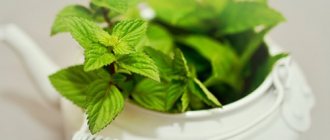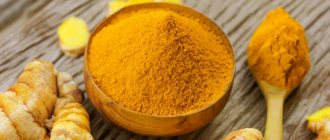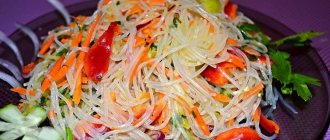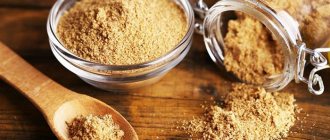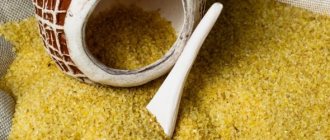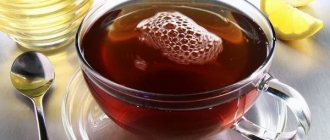In folk medicine, it is used in its entirety, including flowers and root parts. Moreover, it can be seen in many medicines. An infusion from this plant is used in the treatment and prevention of a large number of diseases. With all its benefits, women who have recently given birth are wondering whether it is possible to drink rose hips while breastfeeding.
This question is always relevant when breastfeeding, since any mother wants to saturate her diet with exclusively healthy foods. But what properties does this shrub have, in what quantity can you drink it during breastfeeding, and what dosage is best to start with.
Positive qualities of rosehip
This plant is essentially unique, since it is included in the rating of the best among existing products that contain vitamin C as a percentage per 100 g of raw material. To replenish the daily requirement of this useful component, you need to consume 9 g of the product dry or 14 g fresh.
Important! The level of vitamin C present in rose hips is 16 times higher than the amount found in lemons.
In addition, along with other useful substances, it contains beta-carotene, vitamins A, B2, B3, PP. In addition to the above, the following positive components are concentrated in this plant:
- zinc;
- molybdenum;
- iron;
- potassium;
- copper;
- calcium;
- phosphorus;
- sodium.
Since this shrub contains many microelements, rosehip decoction during breastfeeding affects the body with the following features:
- Tones and gives strength to nursing mothers.
- Regenerates all processes in the body.
- It has anti-inflammatory properties and also destroys harmful microbes.
- Improves memory and brain activity.
- Increases resistance to viral diseases and strengthens the immune system.
- Has a choleretic effect.
- Normalizes carbon metabolism.
This plant is often used in the fight against infectious diseases and colds. Rose hips for a nursing mother will be an excellent analogue of many pharmacological agents that fight acute respiratory infections, if their instructions for use prohibit taking them during lactation. Rosehip decoction is also used as a preventive measure. In addition, those who suffer from impaired functional activity of the kidneys, genitourinary system, ulcerative diseases of the gastrointestinal tract, anemia and disorders of the endocrine system can drink rose hips.
Rose hips during breastfeeding: benefit or harm?
What makes rose hips medicinal is the rich composition of nutrients and microelements contained in the fruits, roots and leaves:
- Vitamins B, A, C, etc.
- Minerals (iron, magnesium, calcium, phosphorus, etc.).
- Carotene.
- Tannins.
- Phytoncides.
- Lemon acid.
- Apple acid.
- Riboflavin.
- Essential oils.
Thanks to all these components, the plant has many beneficial properties:
- Bactericidal and regenerating effects.
- Boosting immunity.
- Raising the overall tone of the body.
- Choleretic effect.
- Regulation of hormonal balance.
- Improving carbohydrate metabolism
- Anti-sclerotic property.
Most often, rose hips are taken in the treatment and prevention of colds, especially during exacerbations in winter and autumn. Most of those who have tried this method of therapy note its effectiveness, simplicity and low cost.
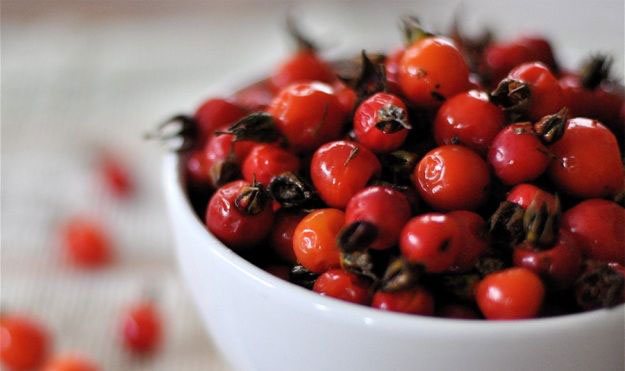
Sometimes you can find advice about giving rosehip decoction to newborns from a bottle or spoon to prevent colds and viral diseases. This cannot be done! The manifestation of allergic reactions in this case will be tens of times more severe than when the same decoction is consumed by a nursing mother
In addition to colds, traditional healers offer rose hips for the treatment of the genitourinary system and kidneys, ulcerative and endocrine diseases, vitamin deficiency, diseases of the liver and biliary system, atherosclerosis, etc.
We recommend reading: Can a nursing mother have pomegranate juice?
How can rose hips be useful for nursing mothers? There are a lot of positive aspects:
- Restoring the balance of vitamins and microelements in the body after pregnancy.
- Prevention of seasonal colds.
- Boosting immunity in mother and baby.
- Increased lactation.
- Restoring carbohydrate metabolism contributes to faster weight loss.
- General strengthening of the body and raising the tone gives strength to care for the child.
- The diuretic property of the plant will help get rid of swelling.
Despite the impressive list of valuable qualities of rose hips, if used carelessly during breastfeeding, it can cause harm to both the nursing mother and the baby.
Rose hips are a strong allergen due to their high content of bright pigment. If a child is prone to allergic reactions, then there is a high probability that harmless rosehip tea will lead to undesirable consequences in the form of rashes, intestinal discomfort or swelling in the infant.
Rosehip tea is also not recommended for children under one year of age. This is due not only to possible allergies, but also to the diuretic properties of the plant, as a result of which the child’s body can lose many useful substances and become dehydrated.
You can start giving this drink only after the baby turns 1 year old. It is better to add a little decoction (start with 1 teaspoon) to your baby’s usual compote or juice, rather than offering a concentrated rosehip drink.
Experts do not limit the use of rosehip decoctions and teas for nursing mothers. Only those whose children are too sensitive to allergens from the fruits of this plant should not drink such drinks.
Is it possible to use rose hips during lactation?
Due to the large amount of vitamins that the product contains, mothers are advised to include infusions from this plant in their diet. Indeed, in addition to the fact that a drink from the bush increases the body’s resistance to negative influences, it is also capable of increasing the outflow of milk during breastfeeding. And due to the fact that rosehip has astringent factors, it can be used for therapeutic and preventive purposes for loose stools in the baby and his mother.

One of the most popular drinks among nursing mothers is “Buryat tea,” which consists of a steep rosehip decoction and hot, but not boiled, cow’s milk. This highly effective folk remedy is used by modern mothers due to the availability of components. If you drink this tea literally half an hour before breastfeeding, milk will begin to flow into the mammary glands more actively.
Rosehip is considered an excellent diuretic that normalizes the water-salt balance in the body. Therefore, drinking a decoction from it can relieve mommy from swelling.
Important! The presence of the latter property in rose hips is not able to reduce milk production during breastfeeding, since the required liquid does not disappear from the body during the formation of milk flows.
Useful properties of rose hips
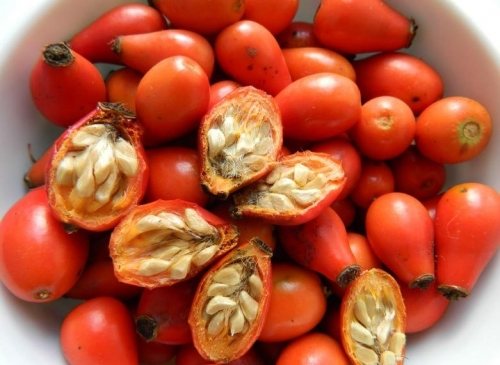
Rosehip is a storehouse of vitamins and microelements beneficial to the body. Rosehip decoction, its infusion or compote have an unconditional positive effect on immunity and general health. Rose hips contain the following beneficial substances:
• calcium; • magnesium; • iron; • potassium; • phosphorus; • essential oils; • malic and citric acids; • phytoncides; • vitamins A, B1, B2, C, E; • tannins.
Positive effect on the body
manifests itself in the following aspects:
• providing an anti-inflammatory effect; • regenerating properties; • general strengthening effect; • memory improvement; • choleretic effect; • improvement of carbon metabolism; • increased synthesis of hormones; • improving immunity and increasing the body's ability to resist infections.
Rose hips also have a positive effect on the diuretic system and can be used to treat diseases of the diuretic system. A drink made from rose hips, when used for a long time in complex therapy, can improve the functioning of the kidneys and gall bladder.
All these beneficial properties have a positive effect on the baby. However, a baby should not be given rose hip infusion or tea with rose hips. This may cause allergies. Rosehip is a safe product during breastfeeding, but it is for use by the mother, not the baby.
Can rose hips cause allergic reactions?
Drinks containing rose hips can cause allergies in a newborn. Therefore, during breastfeeding, decoctions from this plant should be included gradually and carefully.
Advice! It is better to avoid drinking rosehip teas if this product causes allergic reactions in your immediate family. There is a high probability that the baby may inherit a similar factor.
It is better to start with small dosages (1 tsp per day). If no negative reactions were noticed in the baby, then you can gradually increase the volume of tea consumed to 1 liter. Pigmentation or itching that appears on the skin of the mother or newborn is an urgent reason to cancel the introduction of drinks from this plant. The next attempt to use rose hips can be repeated only after 1-2 months. If the negative situation repeats, it is better to completely abandon the product until the end of the GW.
Recommendations for use
The introduction of rose hips into the diet of mother and child is carried out under strict control. This is the only way to timely identify the body’s negative reactions to plant components and eliminate the product from the diet.
The likelihood of an allergy in an infant is high if one of the family members has an individual sensitivity to rose hips.
The highest concentration of plant components is observed in infusions prepared from crushed berries.
How to properly introduce it into the diet?
The introduction of the plant into the diet of a nursing mother is carried out gradually, three months after birth. It is better to start with one teaspoon of the drink per day. If the baby’s body reacts normally, the dose can be gradually increased.
If necessary, the daily norm can be up to one liter of drink . If you suspect that the child’s body is sensitive to the decoction, taking rose hips will have to be postponed for two months. Skin rashes, itching and general restless behavior of your son or daughter should alert you.
When is it better to stop drinking?
There are several contraindications to the use of rose hips:
- tendency to form blood clots;
- tendency to constipation;
- presence of gastric ulcer;
- diseases of the cardiovascular system;
- history of diagnosed gastritis;
- increased stomach acidity;
- individual sensitivity to the product.
An interesting feature of rosehip drinks is that, depending on the method of preparation, they will have different effects on the vascular system. Rosehip decoction relaxes vascular walls and helps reduce blood pressure, so drinking it with severe hypotension is not recommended. A tincture based on the fruit has the opposite properties - it increases blood pressure and is contraindicated for hypertension.
Possible contraindications
Experts advise refraining from drinking rose hips in the first weeks of a baby’s life, since the diuretic properties of the plant can penetrate the child’s body and wash away all the beneficial vitamins and minerals. In addition, rose hips carry the following contraindications:
- people with hypotension should not take rosehip decoctions, as it can lower blood pressure;
- the product should be used with extreme caution by people with cardiovascular diseases;
- It is also better for patients with stool problems such as constipation to avoid the fruits of this shrub;
- Hypertensive patients are prohibited from drinking rosehip tinctures, since a drink of this nature provokes an increase in blood pressure;
- People with severe forms of gastritis and stomach ulcers should also avoid this product.
If a woman has at least one ailment from the above list, then it is better to think about whether a nursing mother can drink rosehip drinks in this case. It is best to seek advice on this issue from a specialist.
Impact on the baby
So, a lot has already been said about the effect of rose hips on the mother’s body; now we need to understand the effect on the child’s body. This will once again answer the question of whether it is possible to drink rose hips while breastfeeding a child.
A baby can easily develop an allergy to vitamin C, because its reputation is not trustworthy among all people. Although some children tolerate it quite easily, so it does not cause concern among parents. But even if you give a decoction to a child, you need to remember the minimum portions, since consumption in large quantities, which would be the norm for an adult, can lead to stomach upsets of a small and still fragile organism.
The feeling of fear for the health of their child is especially acute among pregnant women and nursing mothers. And there is nothing surprising about this. After all, pregnancy and lactation are very vulnerable periods, which are characterized by a weakened immune system. And a woman’s task is to provide reliable protection against infections and viruses to her body and the body of a growing baby.
How to prepare the composition for administration
Any person who prefers herbal infusions knows that vitamin C, contained in abundance in rose hips, does not tolerate heat treatment. As a result, the smallest amount is contained in the decoction. It is more advisable to take rose hips in the form of infusions, teas, juice or syrup. This product is most useful in its raw form, seeded and crushed. The daily intake of the vitamin is contained in 15 grams of this product. Juice or syrup can be bought at the pharmacy, but it is more advisable to use homemade products from environmentally friendly ingredients.
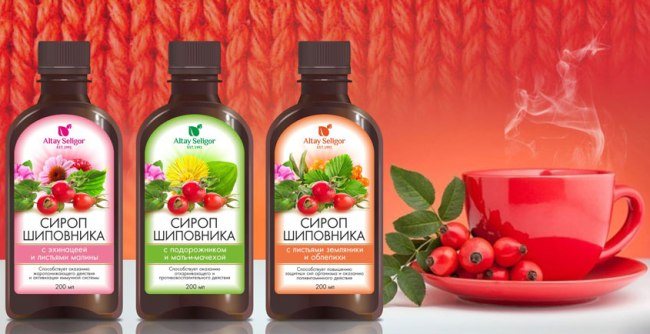
Infusion of fruits
To prepare, you need to take 4 tablespoons of fresh fruits and grind them thoroughly. Place the mixture in a thermos and brew with a liter of boiling water. It should be left for 9-14 hours. When ready, you can add sugar or honey to the infusion. You can take half a glass 30-40 minutes before feeding the baby.
Inflorescence jam
200 grams of petals should be washed with running water and scalded with boiling water. Transfer to a container, season with lemon juice and add up to 150 grams of granulated sugar. Stir the mixture, kneading the petals as much as possible. Place the pan in the refrigerator. Prepare the syrup: dissolve 350 grams of sugar in the same amount of water and cook until the sand is completely dissolved.
Pour the syrup over the previously obtained mixture, bring it to a boil and boil for 5 minutes. Remove from heat, leave for 12 hours, and repeat the five-minute boiling procedure. Leave for 6-10 hours and boil a third time for about 20 minutes until the desired consistency is achieved.
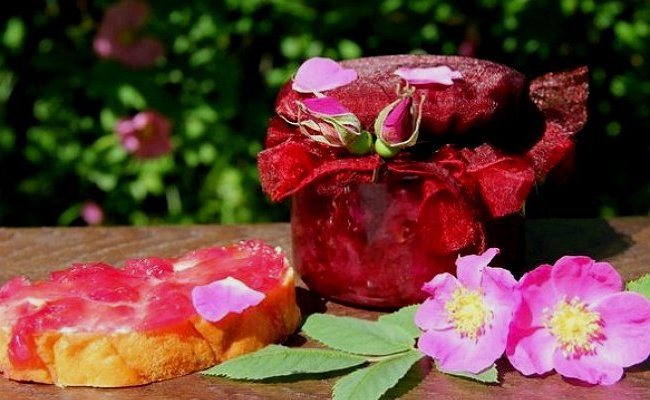
Infusion of roots
For preparation, crushed dried rosehip rhizomes are used. A tablespoon of the product should be poured with boiling water in an amount of 250-300 milliliters and cooked for a quarter of an hour. Let cool. You should drink the drink chilled or slightly warm.

